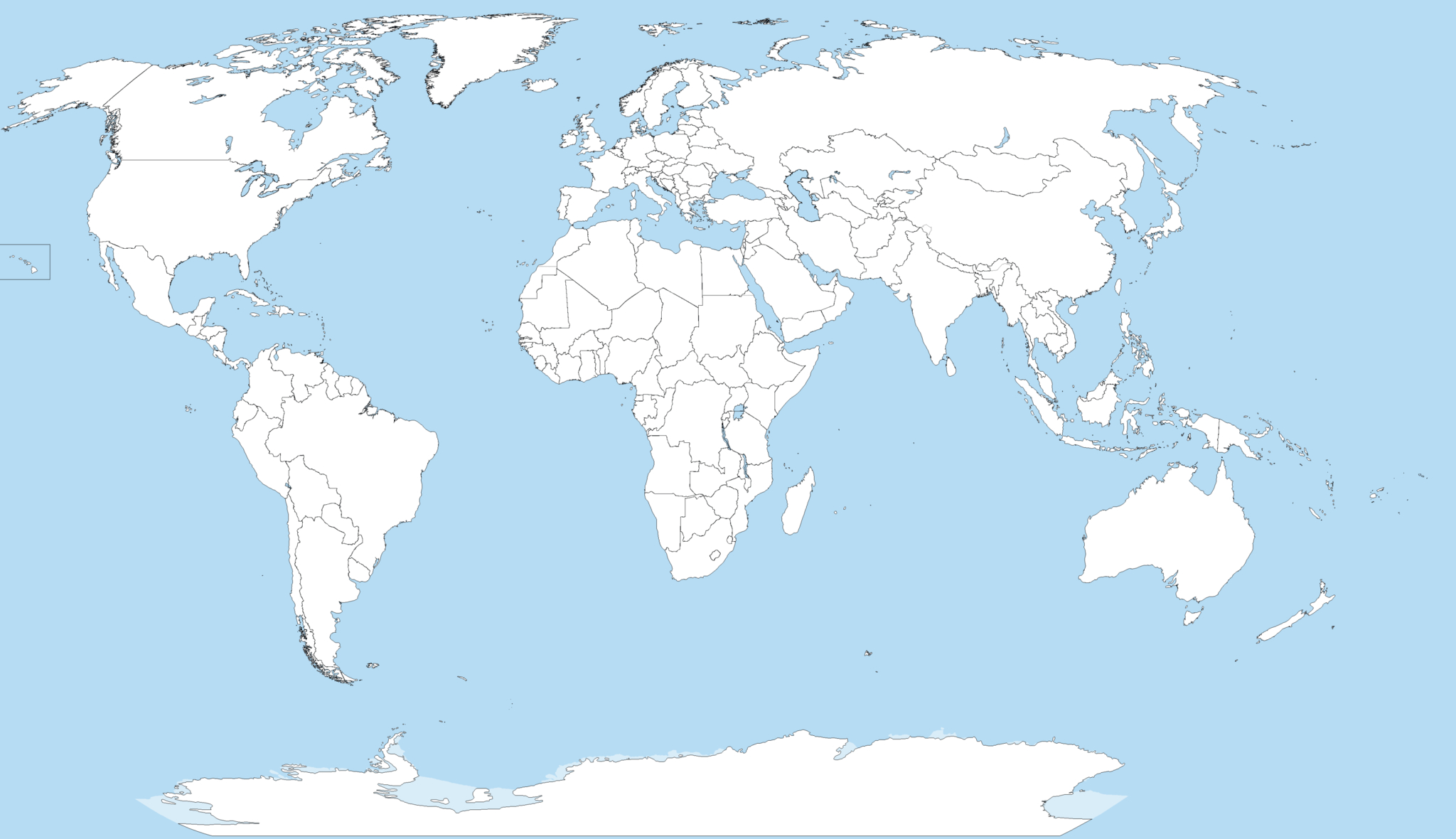Chadly Stern
 Does Political Attitude Disagreement Foster Societal Conflict? A Global Examination Across 40 Years and 98 Countries
Does Political Attitude Disagreement Foster Societal Conflict? A Global Examination Across 40 Years and 98 Countries
Philosophers and social theorists have long argued that a plurality of opinions, civil disagreement, and constructive debate are necessary aspects of healthy societies. However, over the past several decades, researchers have also highlighted a growing trend of attitude polarization. This increasing divergence in attitudes is generally characterized as a social problem that generates tension and strife. Despite persistent discussion about the potential impact of attitude disagreement for society, scholars still fail to possess a firm understanding of the factors that produce attitude disagreement among everyday citizens and the direct consequences of this disagreement.
During his CAS Beckman Fellowship, Professor Stern plans to address these issues in a comprehensive manner. Specifically, he will examine (a) whether the structure of a society’s legal system impacts levels of citizen attitude disagreement over time, (b) whether the amount of attitude disagreement among citizens predicts fluctuations in levels of conflict within a society, and (c) whether there is a particular amount of attitude disagreement that shifts constructive disagreement to the incitement of internal conflict. To address the proposed questions, he will integrate individual, societal, and institutional data. Specifically, he will utilize attitude data collected over the course of 40 years from thousands of citizens who hail from a total of 98 countries. These data will be aggregated with information about legal infrastructures derived from government texts and academic institutions, as well as statistics about societal conflict harvested from millions of online media articles. Overall, this project adopts an interdisciplinary approach drawing from psychology, political science, and related disciplines to develop a broad understanding of the antecedents and consequences of attitude disagreement among everyday people.
